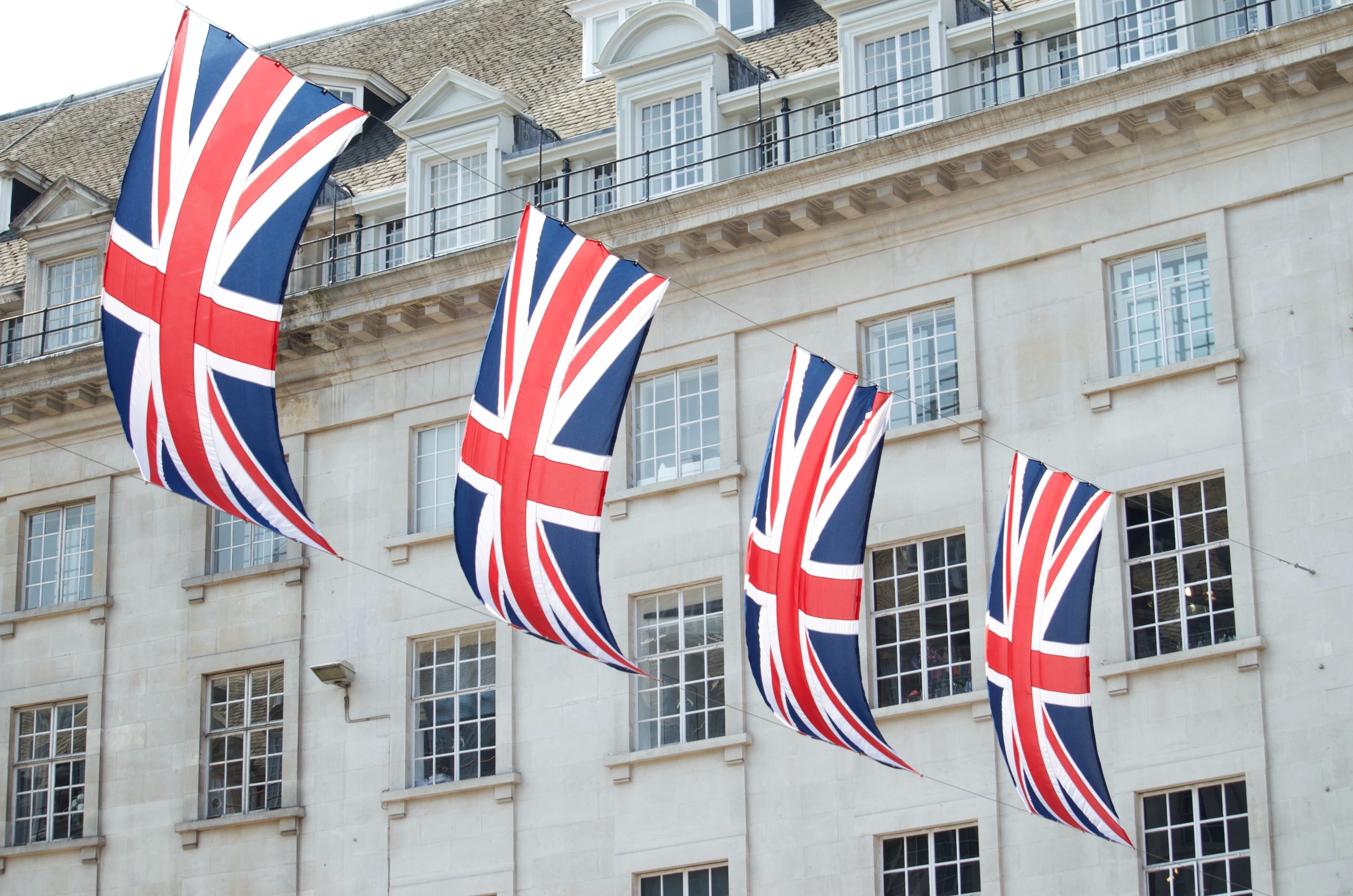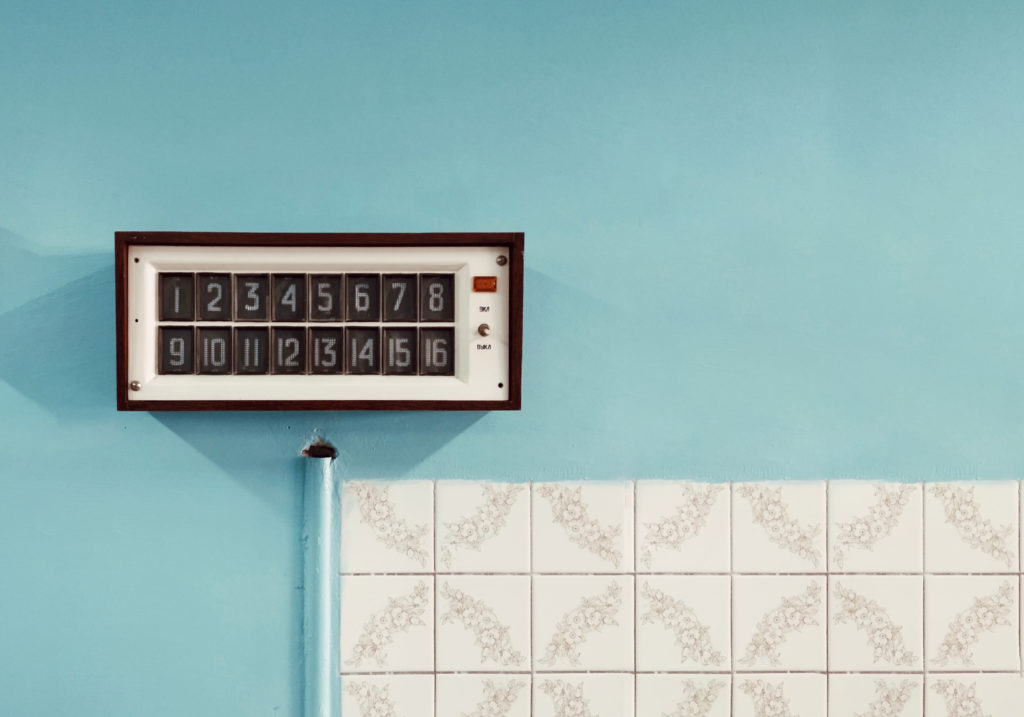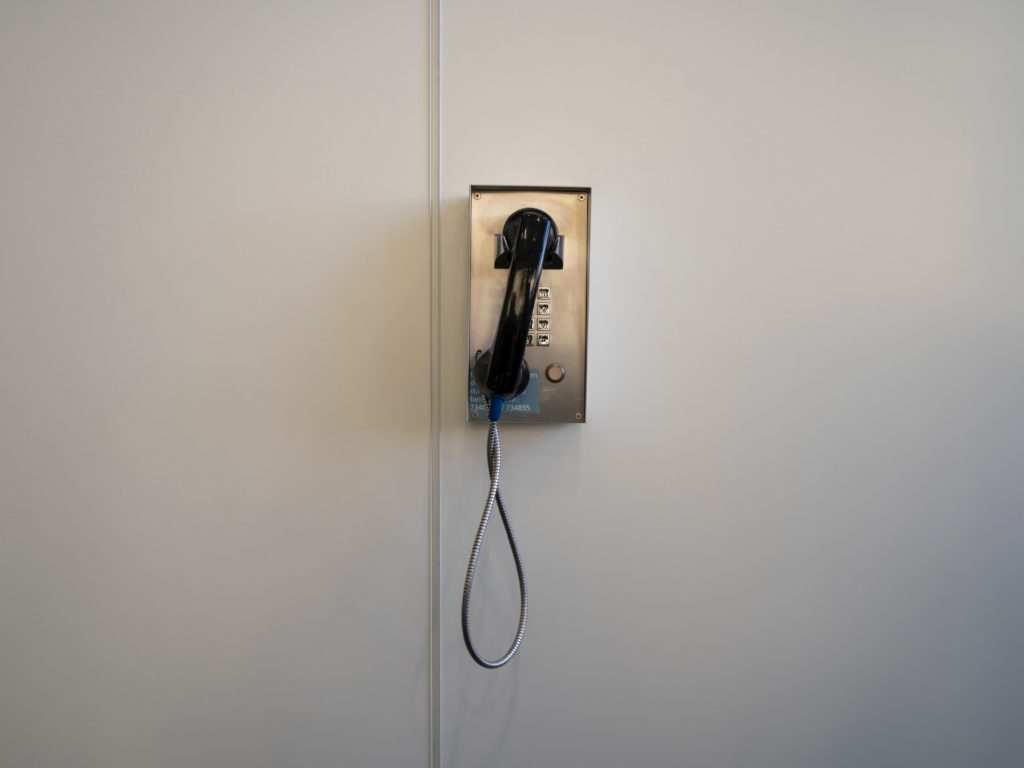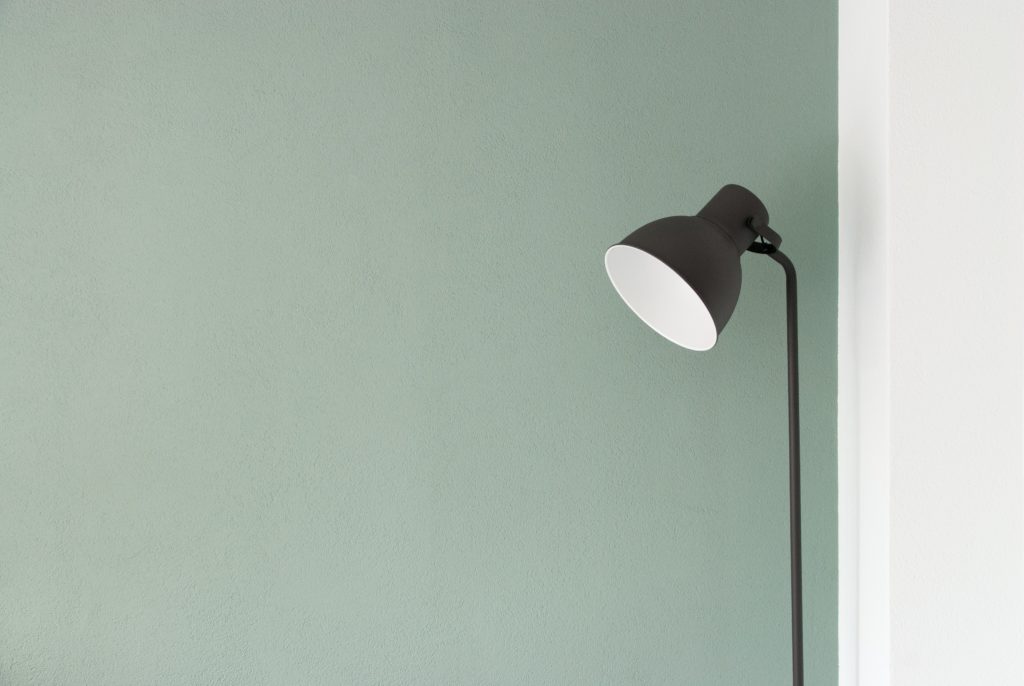
Insights
June 22, 2021Selling to customers in the UK
As a result of Brexit, free movement of goods between the Netherlands and the United Kingdom (UK) has come to an end as from 1 January 2021. Since then, the VAT legislation for non-EU countries applies when doing business with the UK. As a seller, you also need to pay VAT to the British Tax Office.
Of course, doing business with the UK can have many forms. For now, we’re focussing on the most common situation: selling goods or service from the Netherlands to customers in the UK.
1. Register with British Tax Office
From 1 January 2021, you must be registered for UK VAT when you sell goods to private individuals in the UK. Do you provide services to private individuals? Then you don’t need to register and you can charge Dutch VAT, as services are taxed in the country where they’re performed. Do you only do business with companies and does your customer have a VAT number? In that case it’s also not necessary to register.
Registering online is easy and you can do it yourself. Visit this registration page of the UK government and make sure you have information such as turnover, business activity and bank details at hand. Once you’ve submitted the registration application, you’ll receive a UK VAT certificate within 30 days.
2. Apply for a customs identification number with the British government
If you’re doing international business with the UK, you need an EORI number: a customs identification number. Do you already have one for shipments outside the EU? Unfortunately, this is not valid in the UK. So you really need to apply for a new one, directly with the British government.
In addition, the Authorized Economic Operator (AEO) status will give you certain privileges during customs clearance. Think of fewer customs checks and priority if you’re goods do need to be checked. An AEO permit also proves that you’re part of a safe logistics chain. So it’s worth applying for this as well.
3. Make sure your invoices are correct
When you sell goods to a UK customer, you charge 0% VAT on the invoice. This is only allowed if you can prove that the goods have left the EU, for example with a consignment note. Use this tool from the Dutch Tax and Customs Administration if you’re unsure about VAT, or if another situation applies to your business activities. In order to have your shipment go through customs quickly, we advise you to clearly state the EORI number on the invoice.
4. Declaring VAT
When selling goods up to a value of £135 to consumers in the UK, these are exempt from import VAT (no VAT charged at the border) and they will be subject to local UK VAT. This means you’re obliged to pay your VAT to the British Tax Office.
If the value of a package is 135 Pounds or more, the delivery conditions determine who’s officially importing the goods and who has to pay VAT. The party importing the goods is responsible for UK VAT payable and the customs declarations.
Export items from the Netherlands are taxed with 0% VAT. You therefore don’t have to pay Dutch VAT. You do, however, submit the turnover of your export on the Dutch VAT return. This goes under section 3a, 'deliveries to countries outside the EU'.




